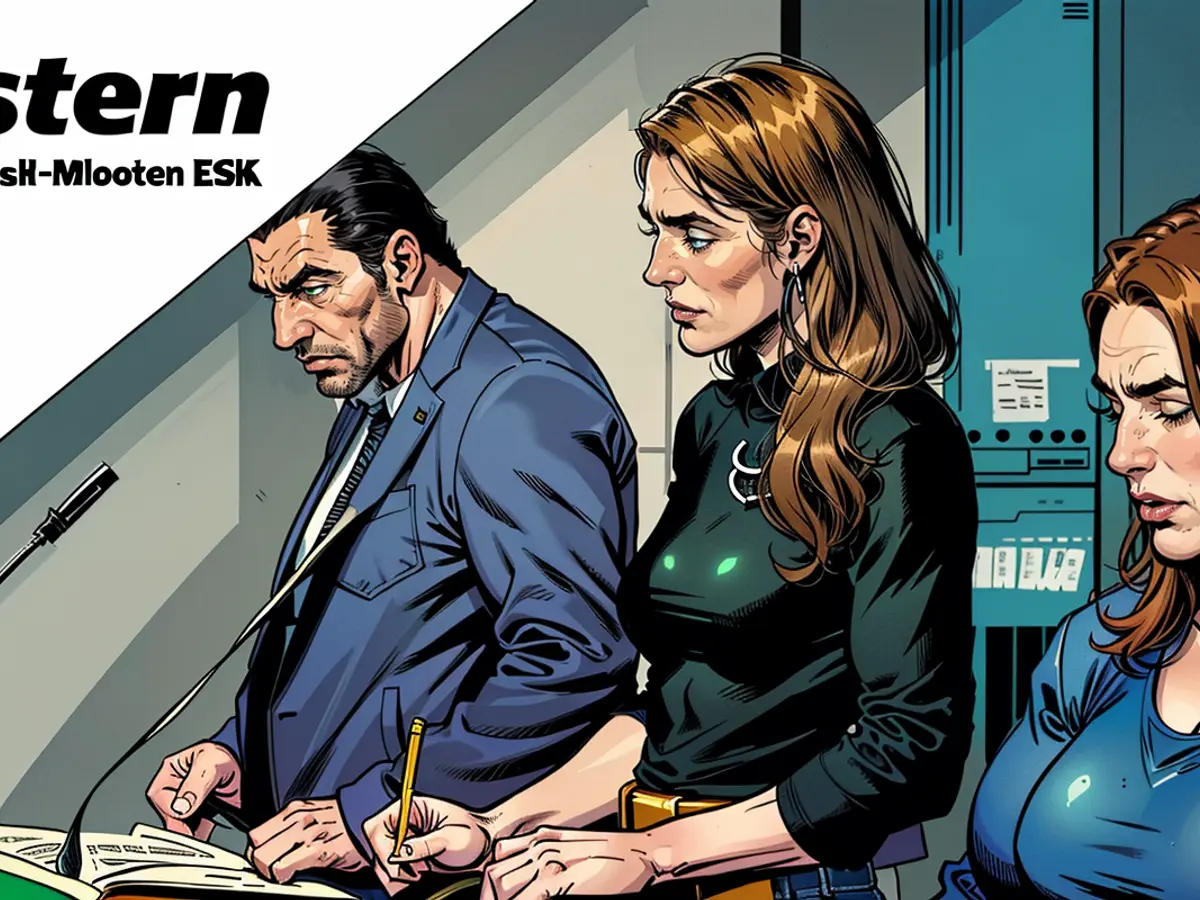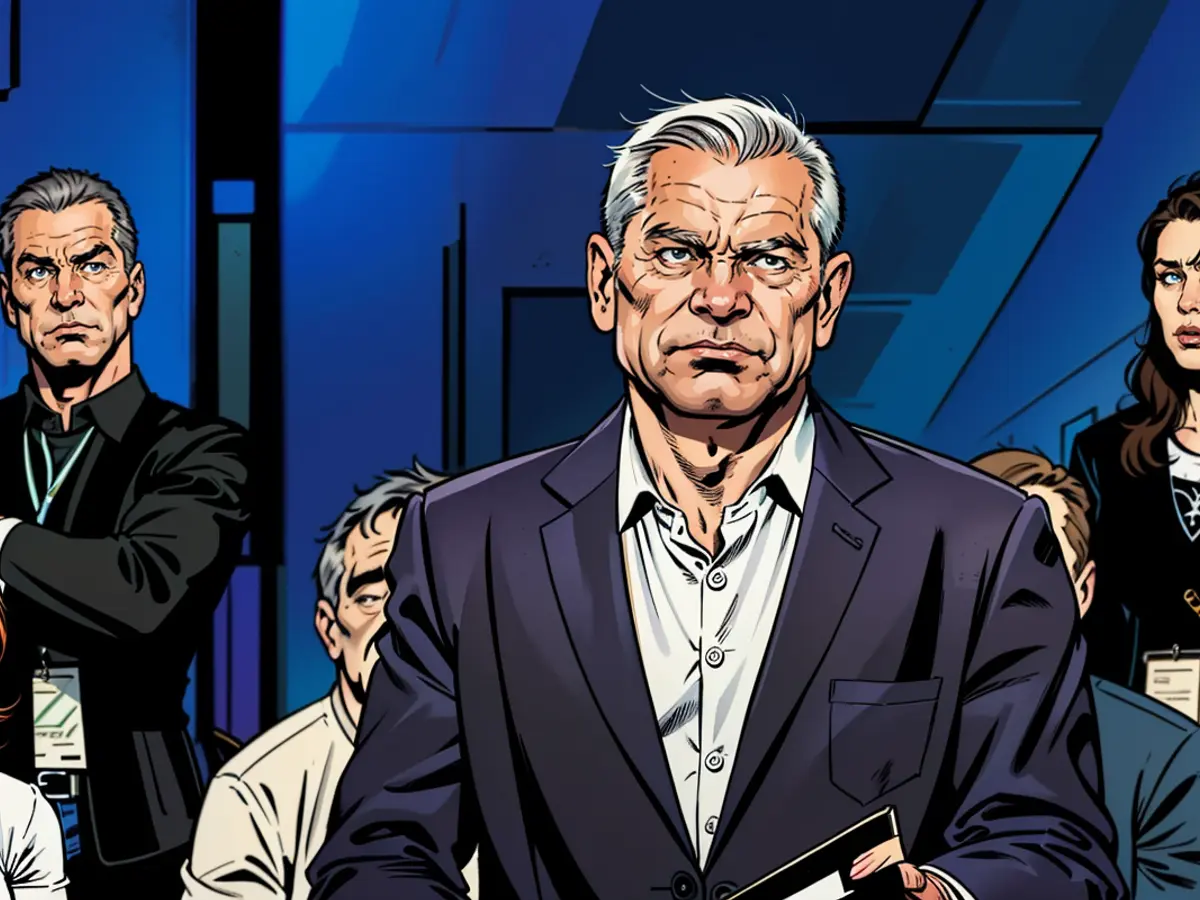- Chancellor Scholz Advocates for Decent Conduct within His Government Coalition
German Chancellor Olaf Scholz (SPD) acknowledged ongoing challenges in the traffic light coalition. The union of the three parties post-last federal election was already a tough task, and it hasn't gotten any easier, Scholz stated during a citizen dialogue in Bremen on Monday evening. He emphasized the importance of cooperative efforts in the current complex political climate: The challenging political atmosphere heightens the demand for effective leadership and, in terms of decorum, for good behavior.**
The coalition's achievements have been overshadowed in public opinion due to the intricate decision-making process, with many major modifications for Germany's modernization taking place unnoticed, Scholz lamented. Instead, only the debate process has been etched in people's memories.
The coalition needs to shine a brighter spotlight on its successes: "I hope the responsible parties learn to list everything that has been decided," the Chancellor suggested.
Scholz: Decision-making remains complicated
Scholz pinpointed the "political landscape fragmentation" as a fundamental issue. In the past, forming a federal government usually required only one larger and one smaller party, simplifying decision-making. "This circumstance is unlikely to return," Scholz predicted. "The procedure will remain complicated."
After Green Party leader Omid Nouripour's remarks, the internal coalition's controversy resurfaced. Nouripour noted on Sunday on ARD that the SPD-Green-FDP alliance was "essential for the era following (CDU Chancellor Angela) Merkel." It is now evident that "trust has reached its limit" within the traffic light coalition. Nouripour alluded to a "radically different viewpoint" with regard to budget priorities when contrasting the coalition's stance to that of the FDP.
From the Union, there was a call for the traffic light government to come to an end. "A year of stagnation looms over our nation," said Thorsten Frei (CDU), Union's parliamentary manager, in the "Stuttgarter Zeitung" and "Stuttgarter Nachrichten" (Tuesday editions). "The best service the traffic light could offer our country is to bring an end to this disaster quickly. That's enough."
Despite the internal conflicts and public criticism, The Commission, led by Chancellor Scholz, has been working diligently to address the complexities of the political landscape and ensure successful decision-making within the coalition. The Commission's task of promoting Germany's modernization plans while maintaining cooperation and good behavior among the coalition parties is a continuous challenge in the current political climate.









